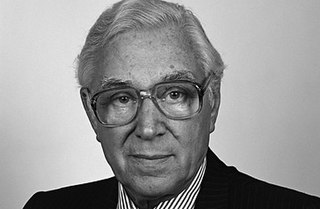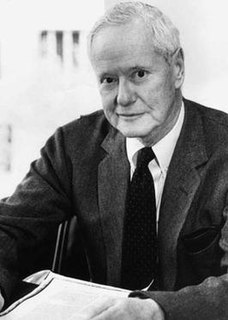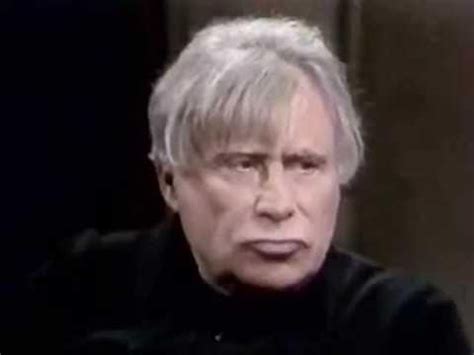A Quote by Ludwig Feuerbach
Only he is a truly ethical, a truly human being, who has the courage to see through his own religious feelings and needs.
Related Quotes
Having been through a tremendous amount of emotional pain, to process it properly, to be able to have it make sense and then move it through your body, your mind, your spirit, and be done with it, you really have to address it head-on. Being able to really have the courage enough to truly face it, to truly look at it, to truly feel it.
The nativity mystery “conceived from the Holy Spirit and born from the Virgin Mary”, means, that God became human, truly human out of his own grace. The miracle of the existence of Jesus , his “climbing down of God” is: Holy Spirit and Virgin Mary! Here is a human being, the Virgin Mary, and as he comes from God, Jesus comes also from this human being. Born of the Virgin Mary means a human origin for God. Jesus Christ is not only truly God, he is human like every one of us. He is human without limitation. He is not only similar to us, he is like us.
Being holy . . . does not mean being perfect but being whole; it does not mean being exceptionally religious or being religious at all; it means being liberated from religiosity and religious pietism of any sort; it does not mean being morally better, it meas being exemplary; it does not mean being godly, but rather being truly human.
It [an ethical problem with in vitro fertilization] depends on whether you're talking ethics from the standpoint of some religious denomination or from just truly religious people. The Jewish or Catholic faiths, for example, have their own rules. But just religious people, who will make very devoted parents, have no problem with in vitro fertilization.
Only when he has published his ideas and findings has the scientist made his contribution, and only when he has thus made it part of the public domain of scholarship can he truly lay claim to it as his own. For his claim resides only in the recognition accorded by peers in the social system of science through reference to his work.
He will see himself and life and the world as truly as our human limitations will permit; realizing the brevity and minuteness of human life, he will realize also that in individual minds is concentrated whatever of value the known universe contains. And he will see that the man whose mind mirrors the world becomes in a sense as great as the world. In emancipation from the fears that beset the slave of circumstance he will experience a profound joy, and through all the vicissitudes of his outward life he will remain in the depths of his being a happy man.
Disgust relies on moral obtuseness. It is possible to view another human being as a slimy slug or a piece of revolting trash only if one has never made a serious good-faith attempt to see the world through that person’s eyes or to experience that person’s feelings. Disgust imputes to the other a subhuman nature. How, by contrast, do we ever become able to see one another as human? Only through the exercise of imagination.









































